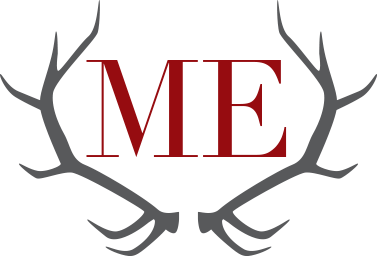This month has been hard as hell and most of the things I’ve loved reading during this veil-thin season of burning hearts in the fog have matched that mood completely. What else is October but rot and ruin masked up and begging for something sweet to make the funeral procession more tolerable? What other name is there for fall but the time to scrape all that we’ve lost into a pile and watch the wind undo the work?
Here are some cinder toffees for you to tuck against the sore spot in your cheek.
“Find on Your Body the Bruise” by Maricat Stratford is a story like a bruise, like it says on the can. At first it just hurts and you don’t know why. Then the pain deepens as it turns black and purple and you remember how you did it and how bad it hurt in the moment and you go right back into that sensation of betrayal as it changed you, changed the color of your spots. Long afterward, it will linger in you, yellow and green and stubborn, making you recall and recall long after you thought it should be gone. People will ask and you will have no idea what to say to them. You are not safe in this story, any more than you are safe in this life.
One of the worst things people lose in stories about the apocalypse is friendship. Lovers are tragic and sure civilization is nice, but people who loved each other without expectation are the hardest lump to hold in your throat for as long as it won’t swallow down. John Wiswell wrote “BFFs in the Apocalypse” about just this brand of friendship and how it intersects with disability in Stephen King’s magnum opus “The Stand.” King cannot be trusted most of the time to write women or POC or people with disabilities, but there are some things that this unforgettable book gets right. Take John’s word for it: we need more of these stories. M-O-O-N. That spells friendship.
There is much to be said about the way haunted houses are made up of trauma and our own alternate selves. The intersection of the timelines that almost were and never were are the kind of ghosts that cannot be exorcised, and A.T. Greenblatt knows that. This story is moaning the names of folks who loved Netflix’s “The Haunting of Hill House” for its careful attention to the way we haunt ourselves. It is clanking its chains for anybody who escaped a hometown that was haunted in one way or another. It’s roaming in the night to find people who were left behind by their friends to face the scariest parts of life alone. You might be one of those kids. You better read this story, just to check.
Bridget Callahan is an absolutely brilliant and criminally underrated writer. And also, deer lay eggs. Did you know?
In nonfiction this month: it is incredibly difficult to share the story of being raped. It is impossible to be credible and dignified and give enough detail to sound realistic without turning yourself inside out for public inspection. Most of us who tell will not be believed, no matter how long we testify in court or before the senate or even in whispers to our closest friends. We can connect our experiences to the news or to the classics or even to the way that this happens all the time, to people we know and do now know, and still we will not be believed or avenged or protected. Because I know all this, I was deeply moved by A.A. Balaskovitz’s piece in the Indiana Review, coming in just before Samhain and dragging with it an army of hungry ghosts. If you’ve never contemplated how you would describe a terrible crime committed against your bodily autonomy, you should read this. If you spoke up, you should read this. If you will never tell your story, you should read this. And you should lay an offering of rage and oranges, because one way or the other these ghosts are going to be fed.
The best book I read this month was Rachael K. Jones’ “Every River Runs to Salt.” I don’t want to tell you too much about it, because it’s so utterly original that everything I say about it sounds like I’m talking in my sleep. A woman who is part glacier steals the Pacific Ocean and keeps it in a jar. California, Oregon, and Washington show up to try and get it back. Listen, I’ve lived in each of these three states and Jones is exactly correct about who they are, what they look like, and how their gifts are really curses. This is a novella and takes no time at all to slip through your mind lubricated by salty tears and the regrets of the long-dead. If you’re wanting something like Neil Gaiman and Cat Valente with little up-front investment from you, Jones is here to save the day.


